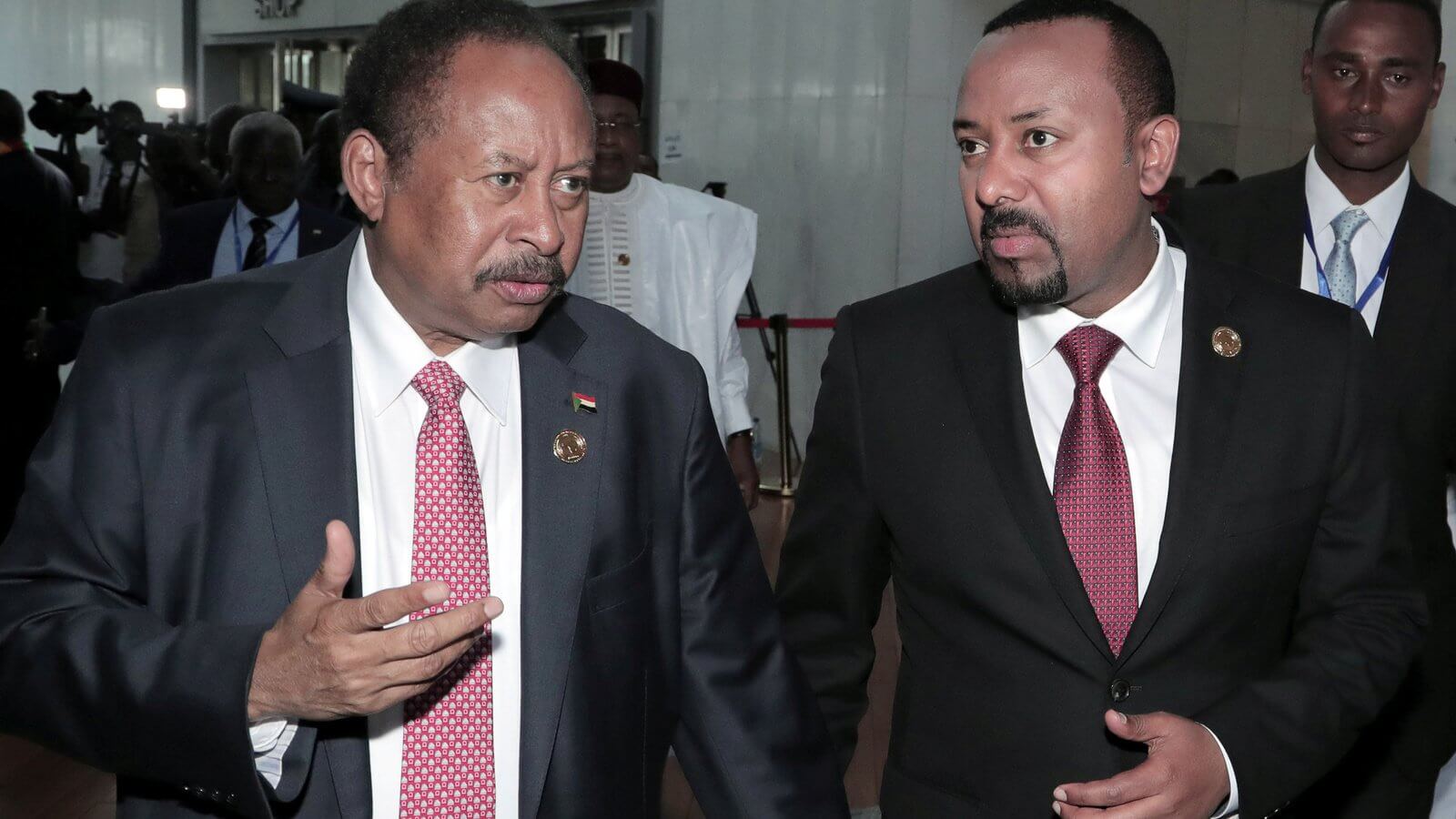Sudan recalled its Ambassador to Ethiopia on Sunday after Addis Ababa rejected Khartoum’s offer to mediate a ceasefire in the Tigray conflict and accused it of occupying Ethiopian territory. The incident comes as relations between the two sides have been soured by the Al-Fashaqa and the Grand Ethiopian Renaissance Dam (GERD) disputes.
The Sudan Tribune reported that the Sudanese government, led by Prime Minister (PM) Abdalla Hamdok, planned to launch mediation talks between the Ethiopian government and the Tigray People’s Liberation Front (TPLF) militants with the support of the international community. However, Ethiopia declined Sudan’s offer to broker a negotiated settlement to end hostilities in Tigray.
“The relationship with Sudan is a little bit tricky because the level of some leaders has already been eroded, particularly with the Sudanese army incursions into Ethiopian territory,” Ethiopian Foreign Ministry spokesperson Billene Seyoum told reporters on Thursday. Seyoum was referring to the disputed Al-Fashaqa region, which both Sudan and Ethiopia claim.
Accusing Sudan of not being trustworthy, Seyoum said that the element of trust needs to be addressed “before Sudan could be entertained as a credible party” for facilitating peace talks. “Trust is the basis of any negotiation and any mediation, as well,” she noted.
In response, “Sudan summoned [its] ambassador to Ethiopia for consultation,” the Sudanese Foreign Ministry stated on Sunday. The Ministry noted that the initiative “is part of its commitment to regional peace and stability” and aims to encourage all parties to “achieve a comprehensive ceasefire and engage in an inclusive political dialogue to maintain the unity and stability of Ethiopia.”
The Ministry also rejected Seyoum’s “strange statements” about Sudan’s credibility and its occupation of Al-Fashaqa. It blamed Ethiopian PM Abiy Ahmed and his government for promoting baseless allegations against Sudan.
Also Read: USAID Chief Concerned over “Dehumanising Rhetoric” Used by Ethiopia Amid Tigray Crisis
The conflict in Tigray has killed thousands and displaced over 2 million since fighting erupted in November between government forces and the TPLF. Apart from grave human rights violations committed against the people of Tigray by Ethiopian and Eritrean troops, the conflict has also pushed millions to the brink of famine.
In June, the Ethiopian government announced a unilateral ceasefire in Tigray and started withdrawing troops, following which the TPLF launched an offensive to retake the regional capital Mekelle. In recent weeks, the fighting between the TPLF and local militias has surged as the group militarily expanded into neighbouring Afar and Amhara amid escalated tensions.
Ties between the two neighbours have been strained by disputes over the Al-Fashaqa region and the Nile Dam. Both sides lay claim to Al-Fashaqa, a fertile area on the Sudan-Ethiopia border. Sudan claims that the area lies in its territory according to a demarcation treaty signed between the two nations in the early 1900s, a claim that Ethiopia denies. Tensions also escalated between Egypt, Sudan, and Ethiopia over the latter’s construction of the GERD on the Blue Nile.

